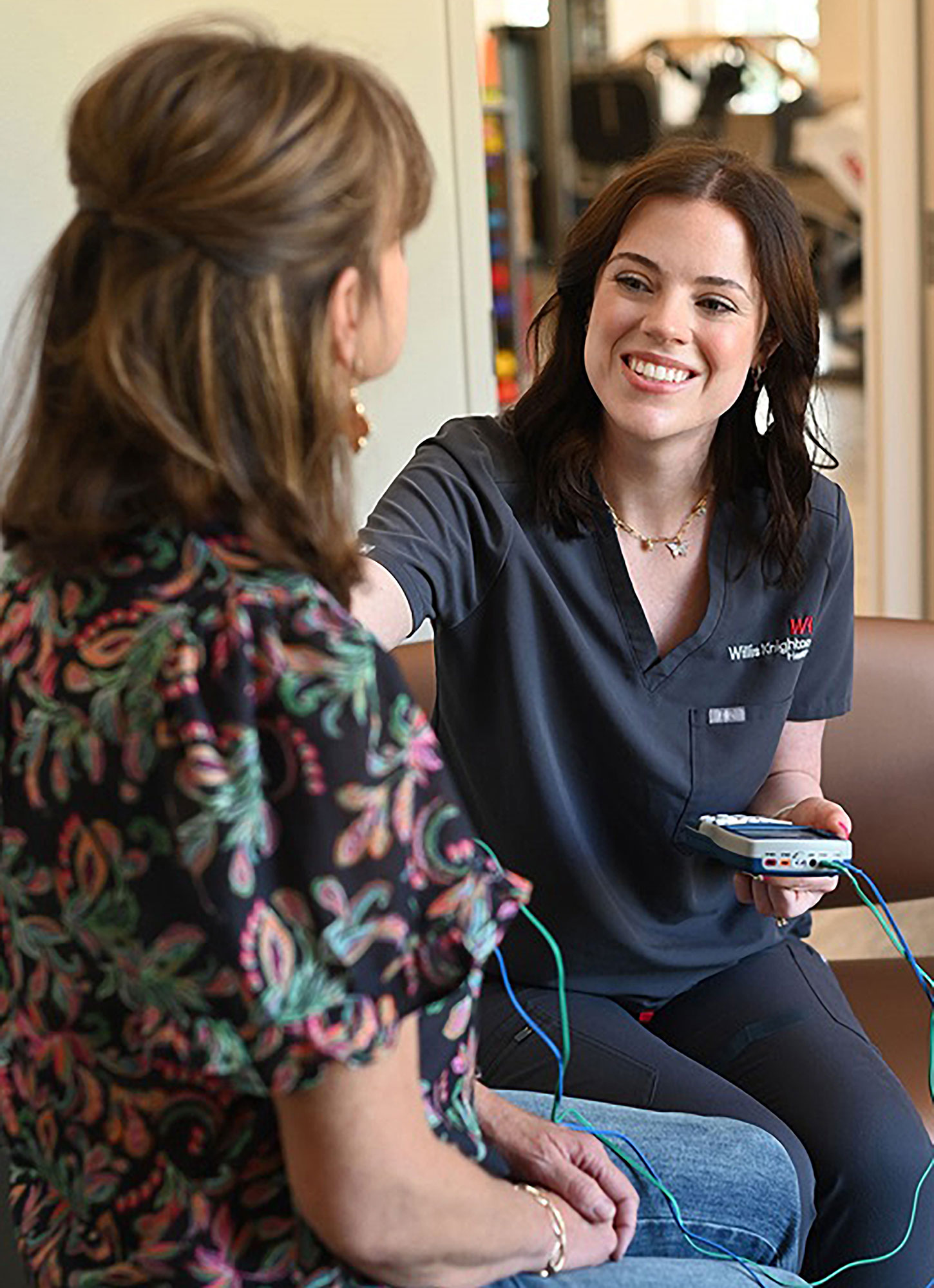Urology
- Bladder Cancer
- Bladder Stones
- Chlamydia
- Chronic Kidney Disease (CKD)
- Erectile Dysfunction (ED)
- Gallstones
- Gonorrhea
- Hepatitis B
- Herpes (Genital)
- HIV/AIDS
- Kidney Cancer
- Kidney Failure (Renal Failure)
- Kidney Infection (Pyelonephritis)
- Kidney Stones
- Male Infertility
- Polycystic Kidney Disease (PKD)
- Posterior Vaginal Wall Prolapse (Rectocele)
- Prostate Cancer
- Syphilis
- Testicular Cancer
- Urge Incontinence (Overactive Bladder)
- Urinary Tract Infection (UTI)
- Vaginal Prolapse
- What Do the Kidneys Do?









